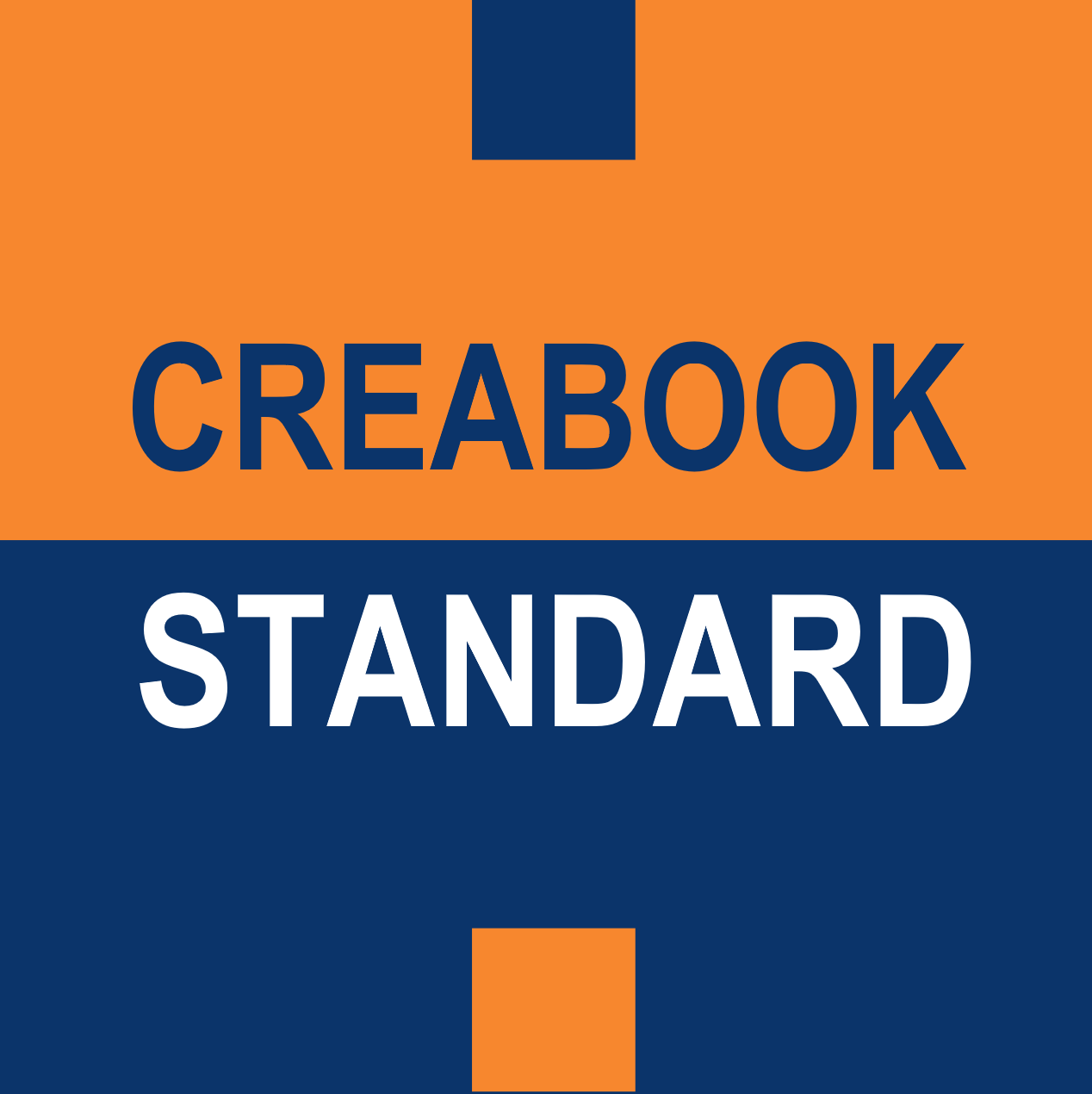In this section, you will conduct a thorough comparison of your creation with other products or services currently available on the market. This analysis will be instrumental in assessing your potential for growth and expansion, providing valuable insights for both you and your investors.
Refer to the reference example
“The value of startups’ intellectual property has a significant impact on their ability to raise funding.
Today’s structures offer innovators three ways to enforce their intellectual property and recover their R&D costs: patents, copyrights, and CreaBOOKs. International patents are prohibitively expensive for startups. Copyright is free, but vague and not a deterrent – except for publishers with extensive legal resources.
The CreaBOOK is accessible to all. CreaMAKER is free to use. The cost of certification is largely offset by the gradual increase in the value of the startup. It is more detailed than a patent. It proves the authorship of the innovation. It benefits from the strong CreaPAX defense system.
With a patent, the first applicant is presumed to be even if the contrary is demonstrated, the creator of the invention.
Like any breakthrough innovation, CreaBOOK faces strong resistance from the established order. Large companies that enjoy a quasi-monopoly on international patents are bound by existing systems. Experts trained within this order are convinced of its validity.
However, I believe that CreaBOOKs will spread rapidly because of its technical superiority and economic accessibility, because it meets the needs of our time, because it conforms to the provisions of the major universal treaties, and because start-ups have no alternative.
During the transition period, the CreaBOOK’s encrypted attachments will allow startups in need to file subsequent patents— – when they have sufficient funding.
| N° | Advantage | Patent | Author right | Unicorn highway |
| 1 | Declaration of property consistent with Universal Declaration and related treaties | No | Yes | Yes |
| 2 | Universal and long-term recognition | No | Yes | Yes |
| 3 | Equal and democratic access | No | Yes | Yes |
| 4 | Proof of “paternity”/”maternity” | No | No | Yes |
| 5 | Combines claims of name, form, and technique | No | No | Yes |
| 6 | Responsible and ethical development | No | No | Yes |
| 7 | Materialization of property through a Non-Fungible Token (NFT) | No | No | Yes |
| 8 | Certificate of declaration conformity | No | No | Yes |
| 9 | Certificate of creation evaluation | No | No | Yes |
| 10 | Certificate of creation originality | No | No | Yes |
| 11 | Responsible authenticity Marking | No | No | Yes |
| 12 | Simple disputes’ resolution | No | No | Yes |
| 13 | Mutual insurance of Creations | No | No | Yes |
| 14 | Phase-by-phase metrology of the creation process | No | No | Yes |
Illustration 9. Comparative Advantage
The current practice of intellectual property leads to significant discrimination between scientific authors and artistic authors. This is not in accordance with the principles proclaimed in the Universal Declaration of Human Rights and declared binding in the International Covenant on Economic, Social and Cultural Rights. The secrecy, high fees and monopolistic practices introduced by the patent laws violate the general right of every author to fair and effective protection. Moreover, the expropriation of unpatented inventions violates the fundamental principle of the rule of law, according to which the free citizen is the owner of his own work. Patents owe their existence to the privileges granted to established patrician societies over plebeian creators. Against this patrician order CreaCORN defends virtue, talent, merit, and the common interest in genuine progress.
CreaCORN implements the author-right protected by the Berne Convention, imposes no secrecy obligation, provides for immediate publication, and offers free and universal protection that lasts throughout the life of the author and for at least 50 years after his death. The CreaCORN allows all creators to enjoy the benefits of their creative works.
The CreaFREE ecosystem breaks the monopoly that reserves the use of patents only to large companies. It eliminates all taxes, translation fees, and complex administrative procedures. It unleashes the creative potential of creators worldwide, like the Internet makes it possible. It introduces the universal concept of creation through a Single creations Registry. It provides software that allows any creator to freely edit their own CreaBOOK.2. The Creafree Standard is based on authorship, which should legitimately be the only acceptable proof of property. The true origin of the universal concept of creation is not considered by our patent system, which only values the first applicant. The examination used to evaluate CreaBOOKs is based solely on scientific principles that lead to universal conclusions. Possession is not sufficient proof of authorship.
The Creafree Standard advocates for a simplified declaration that recomposes our fragmented intellectual property practices. This recomposition facilitates the identification of counterfeiters and expedites dispute resolution. Technical, name, and design claims are combined so that all parties and the judiciary can clearly distinguish authentic products from counterfeit ones. This gives startups a much more deterrent intellectual property right.
The CreaFREE ecosystem organizes the responsibility associated with the moral and material rights of the creator. It has the right and the duty to ensure the obligation of following the exploitation of their creative work. This responsibility includes the continuous improvement of the ecology of their creation. This is not the case with other forms of intellectual property. Ethics are not considered in patents. Several new patents that accelerate climate change are delivered every day. It is reasonable to believe that this ethical approach will bring strong public support for CreaCORN.
Ownership of the CreaBOOK can be materialized through a non-fungible token (NFT). Once registered in the blockchain, the content of the CreaBOOK becomes imperishable.
The CreaCORN initial certification process guarantees the CreaBOOK’s conformity with the provisions of the Creafree Standard with respect to data and proof of property. This guarantee does not exist for patents for which the examination is only indicative and whose validity is not supported by the guarantee of the issuing office.
The CreaCORN second level certification ensures that the evaluation of the creation complies with the requirements of the standard. The expertise evaluates the plausibility of the assessment process after the seeding phase is completed.
The third stage of CreaCORN certification refers to the authenticity of the creation. The examination of originality is performed by a jury composed of experts selected from among the world’s top professionals in the relevant sectors. Like a Nobel Prize, this certification makes the CreaBOOK a sovereign title of property. As with previous certifications, the certificate issued is insured by CreaSURE, the mutual insurance for creations.
Sovereign certification allows startup products and services to bear the seal of responsible authenticity. Any interested party can challenge in court the status of a product or service that violates the name, design, standard, or ethical creation charter of the referenced CreaBOOK.
With a simple argument supported by all the necessary evidence, certified CreaBOOKs are more deterrent than patents. An accessible, fast, and efficient amicable dispute resolution process will resolve disputes. The CreaPAX process, conducted unilaterally when the company suspected of theft, espionage or counterfeiting refuses to participate, prepares expert evidence for the justice trial.
These certificates, covered by CreaSURE, are issued by WcS. They are the result of a clear procedure based on facts. Since the total added value of startups and unicorns’ creations is many times greater than their investments, mutual solidarity will compensate for any weaknesses.
CreaCORN licenses will give new impetus to incubators and their specialized consultants. With proper training for those involved, advising startups will be focused on a clear and distinct path to unicorn status. Incubators will be able to provide scientific expertise and gradually increase the value of startups as they develop. Uncertainty will diminish, and measurement will provide accurate assessments to all stakeholders. Venture capitalists’ decisions will be based more on the merits of startups than on the cleverness of their pitches.
The CreaFREE ecosystem will:
- Reduce damage to the planet by introducing responsible creation development.
- Increase the efficiency of research and development through open collaboration among creators by limiting secrecy.
- Strengthen peace through high interdependence among creators of all nations.”

To do:
Evaluate the economic, technical, and social performance of your creation in comparison to one or two existing competitive products on the market.
